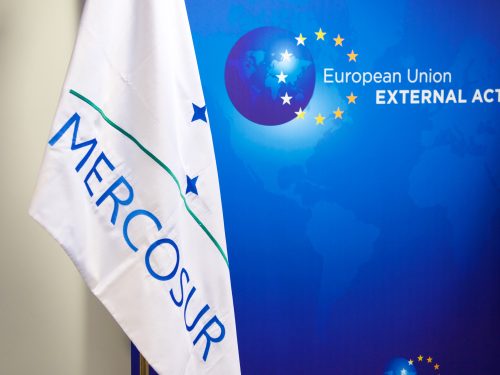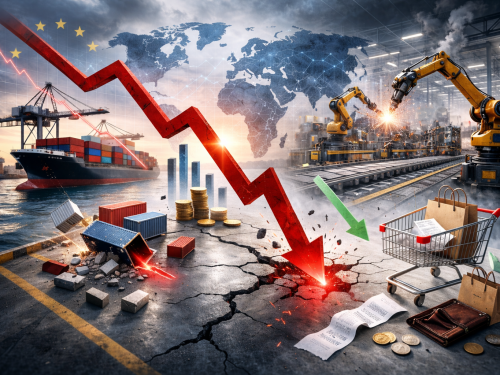News
Share on
"The measure represents an important first step. The Omnibus excludes obligations for companies with less than 1,000 employees, easing the bureaucratic burden for most small and medium-sized Italian companies'. Thus Lara Ponti, Vice President for Environmental Transition and ESG goals, commented in an interview with Repubblica.it the 'Omnibus' package of proposals adopted by the European Commission that relaxes several obligations under recent environmental and social directives, first and foremost the Corporate Sustainability Reporting Directive.
On the implementation of sustainability in SMEs, 'The picture is mixed. Today, 60-70% of companies show great interest and see sustainability as a strategic opportunity. However, implementation is not always structured. If we look at sustainability reports, we are still behind: only about 15% of companies and about 10% of family businesses actually produce them. SMEs are now obliged to measure certain sustainability indicators because they are required to do so by the big companies they are suppliers to or by the banks from which they get capital'.
'There are many problems,' noted Ponti. 'First of all, bureaucratic complexity. Companies have to provide data to different entities - from large customers to banks - and each one requires information according to different models. We are talking about over a thousand indicators, which make compliance extremely complicated. SMEs also have a skills limit: entrepreneurs often have to do everything, they do not have time to become sustainability experts. They are product specialists, not 'all-rounders'. The fixed costs for compliance are very high, regardless of the size of the company'.
To simplify this process, according to the vice president, 'We need a lean standard, designed specifically for SMEs. We cannot expect the same complexity for a multinational and a small company. Moreover, the approach must be gradual: start with a few really significant indicators and gradually build a system that gives concrete meaning to what is being done. We at Confindustria continue to encourage a gradual path towards sustainability'.
In Confindustria, to support companies, 'We are working on several fronts. We have launched training activities, thanks to an agreement with Deloitte, and we are mapping the needs of our members. The aim is to create a repository that allows automatic data extraction, simplifying reporting. We are also collecting the best practices of the most virtuous companies. We want to show that sustainability is not just a cost, but can be an opportunity for growth," added Lara Ponti, noting that "Companies that have made sustainability a strategic lever show better performance in terms of productivity. This approach helps align corporate objectives, increases the attraction of young talent and makes the organisation more efficient. Concrete examples? Photovoltaics. This is an investment that pays back quickly, demonstrating how sustainability and economic efficiency can walk hand in hand. Or social sustainability policies, which make companies more attractive to young talent'.
Finally, a message is sent to the SMEs involved: 'Don't stop at complexity - concluded Ponti - Sustainability is a path, not a goal. Start with the simplest steps, collect the first meaningful data and build up gradually. Reward those who really believe in it. The ecological transition is no longer an option, but a necessity. Italian SMEs are on the right path, they just need a little support and a lot of concreteness'.




